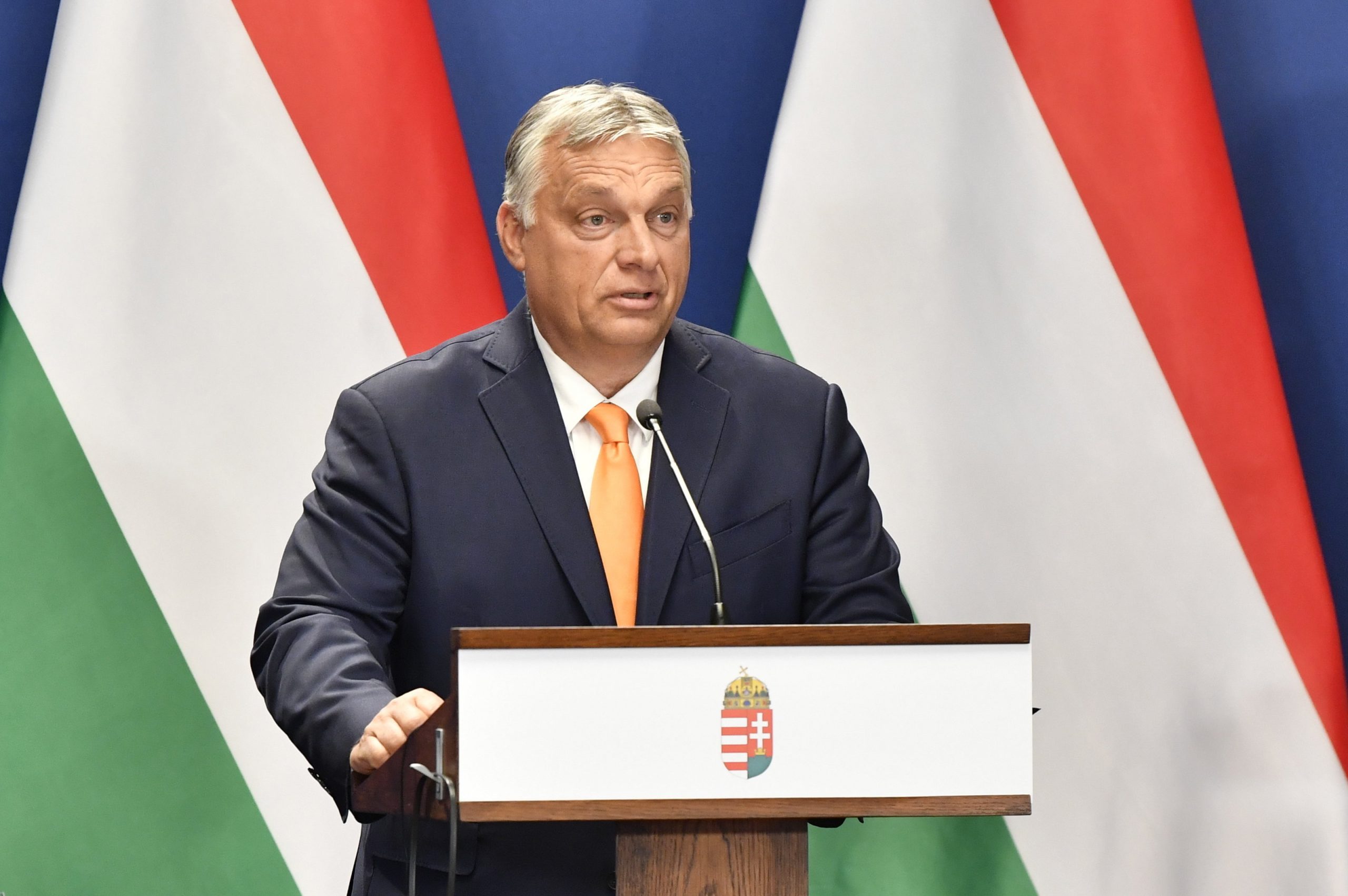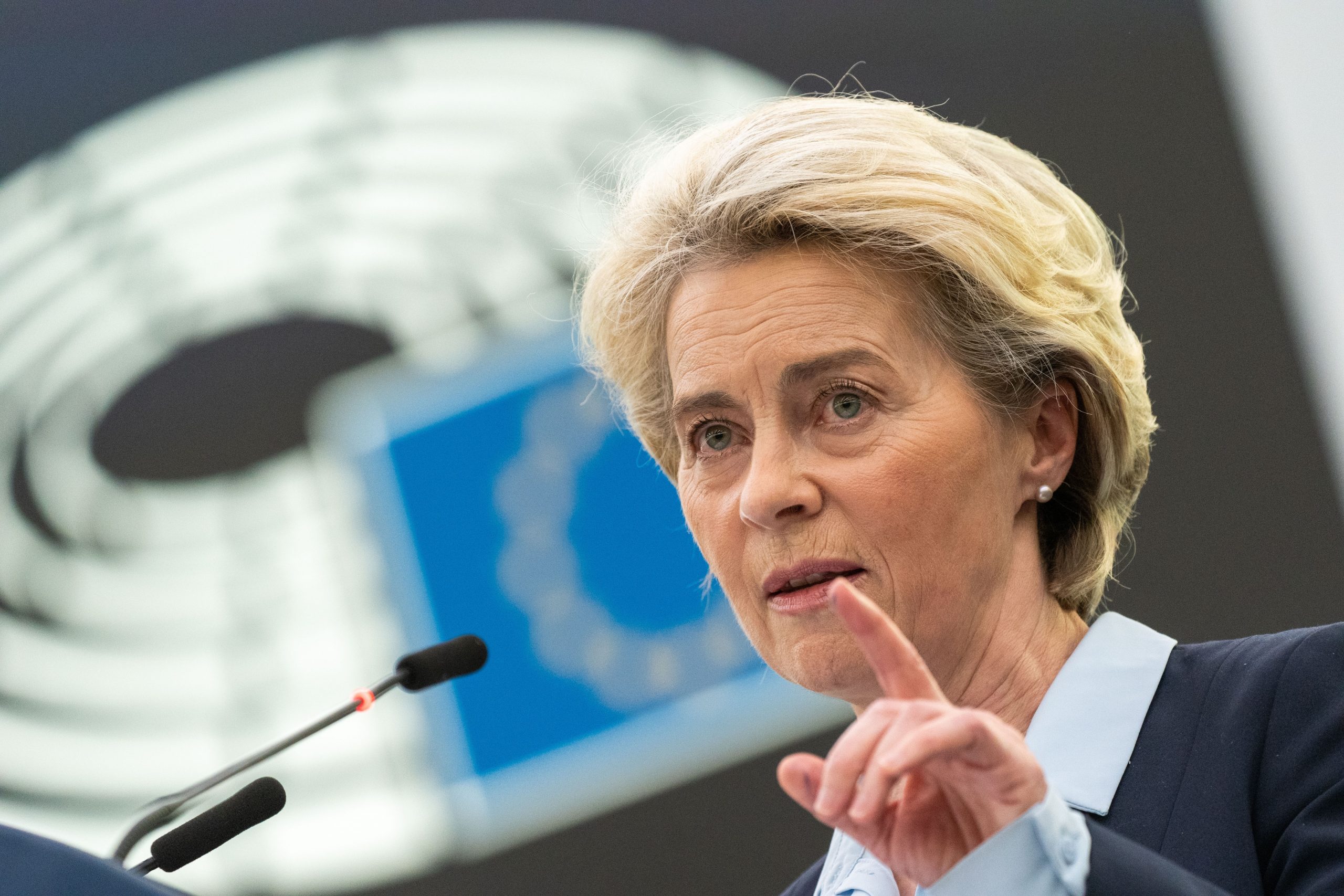
"The point is not to have Russian gas at a better price, but for there to be Russian gas in Hungary, and this cannot be compromised," according to Viktor Orbán.Continue reading

A serious dispute has emerged between the European Union and the Hungarian government after Prime Minister Viktor Orbán said that Hungary would have no problem paying for Russian gas in rubles. The European Commission says the Hungarian government would be in breach of EU sanctions if it decided to do so. In contrast, the Orbán government claims that according to Hungary’s bilateral agreements with Russia, the currency for payments was “merely a technical detail.” Therefore, it is possible to pay for the Russian gas without violating the EU sanctions.
If Hungary makes good on its promise to pay for Russian energy in rubles, it will be breaking EU sanctions, European Commission President Ursula von der Leyen told CNN in an interview on Friday.
Von der Leyen said that they had done an analysis on the decree signed earlier by Vladimir Putin suggesting that European countries convert their euros into rubles and then pay their gas bill, and found that this would be a breach of EU sanctions put on Russia.
Ursula von der Leyen’s comment came after Prime Minister Viktor Orbán stated during his press conference last week that if requested by the Russians to pay Russia in rubles for the gas imported, it would not cause Hungary any particular difficulty.
Shortly afterward, Péter Szijjártó, Hungary’s Minister of Foreign Affairs and Trade, said that “the supply of natural gas is governed by a bilateral contract between a Hungarian and a Russian company. On the Hungarian side, it is a subsidiary of MVM, on the Russian side it is a subsidiary of Gazprom. The EU had no role in this,” he stressed.
The President of the European Commission now told CNN that the EU was in discussions with Budapest.
“So far Hungary has stuck to the sanctions, so until we don’t see the opposite, it’s fine. Never before have we seen the European Union so united, so determined, so fast. And I think for each of our member states, also a question, do I want to be the first one to break that unity? I think no,” Von der Leyen added.
When asked about Prime Minister Viktor Orbán’s recent remarks that Hungary could pay Russia in rubles for gas, in an interview with CNN, Zoltán Kovács said that the EU did not have a common policy for gas and oil purchases, and under Hungary’s bilateral agreements with Russia, the currency for payments was “merely a technical detail.” This does not mean bypassing international policies concerning sanctions against Russia, the State Secretary for international relations added.
FM Szijjártó to EC President: No one can make the Hungarian people pay the price of war
Foreign Minister Péter Szijjártó responded to the words of the President of the European Commission on his social media page on Saturday:
“I would like to reassure everyone: Hungary’s energy supply is secure, and will remain so in the future.”
“Based on the contractual relationship between [Hungary’s power company] MVM’s subsidiary CEEnergy and [Russia’s] Gazprom’s subsidiary Gazpromexport, as well as the technical negotiations of the past few days, it is possible to pay for the natural gas delivered without violating the Brussels sanctions, as required by the supplier,” he wrote in the post.
“We understand that others have different interests, but our interest is to guarantee the security of energy supply of our country. And that is what we are doing because no one can make the Hungarian people pay the price of war,” Szijjártó concluded.
In the featured photo: European Commission President Ursula von der Leyen. Photo via europarl.europa.eu